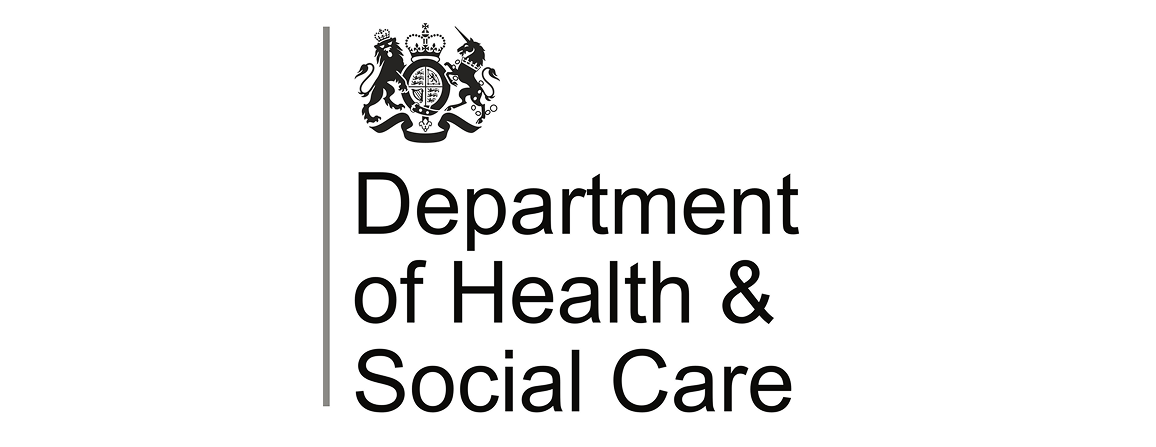Bringing humanism
back into medicine
Symphony frees physicians to practice real medicine—by taking pre-visit assessments and delivering rich clinical profiles.
All before the first hello.












Medicine Has Lost Its Soul.
Healthcare has become a race for efficiency—but somewhere along the way, we lost the patient.
Take the consultation: rushed, outdated, and built for speed, not care. No wonder it feels like we're on a conveyor belt.
We didn't train a decade for this. We trained to see the human behind the chart.
We couldn't keep practicing like this. So we joined forces with other physicians to build something better.
The Medicine You Trained For.
What if you never had to ask, "What brings you in today?"
Because you already knew.
Symphony replaces static intake forms with smart, pre-visit assessments—capturing clinical, psychological, and social factors that actually matter.
You walk in prepared. Your patient feels seen. This is the medicine you trained for—human connection, not data collection.
Symphony is for the physicians who refuse to be assembly-line workers.
Superpowers Without Lifting A Finger.
Intelligent Pre-Visit Assessment
Patients engage via voice or chat. Symphony adapts in real-time — turning intake into a conversation, not a checklist.

Your 60 Second Briefing
Clinical intelligence distilled into what actually matters—symptoms, psychological insights, and contributing factors. All integrated with your EHR.

You, At Full Power
Symphony takes care of the rest—so you can do what only a physician can.

Symphony Integrates With










Use Cases
In-person visits
More humanistic and personalized consults that are time efficient.
Telemedicine
Improved patient context to make the perfect treatment decisions virtually.
Triage
360° caseload clarity to effectively triage patients.
Research
Use objective scoring in your research trials.
Every consultation is now a Symphony.
Results
Assessments Completed
Clinician minutes reclaimed
Physicians reclaiming the art of medicine.
FAQs
Symphony's AI assessments have demonstrated 75% higher accuracy than primary care providers. We have multiple safety checkpoints throughout the assessment process, and all AI suggestions are backed by current clinical guidelines with full citations. You maintain complete control over all clinical decisions.
We offer seamless integration with all major EPR/EMR systems within 24 hours. We also provide a standalone version that requires no integration. Both options come with dedicated technical support and zero disruption to your existing workflow.
We exceed healthcare security standards with GDPR, HIPAA, and ISO27001 compliance. All patient data is encrypted end-to-end and stored in certified medical-grade cloud infrastructure. We conduct regular third-party security audits.
Our practices typically see positive ROI within the first month through reduced administrative time and increased patient throughput. We offer a 30-day money-back guarantee so you can verify the benefits risk-free.
Symphony is actively supporting clinicians across the US, UK, and Europe. We're fully compliant with regional healthcare regulations including HIPAA, GDPR, and local medical device standards. We provide localized support across all time zones.
Before each visit, patients complete an AI-guided assessment through our secure platform. Symphony analyzes their responses and images to create a structured SBAR with differential diagnoses that's 75% more accurate than primary care assessments. You review this comprehensive summary before seeing the patient.
